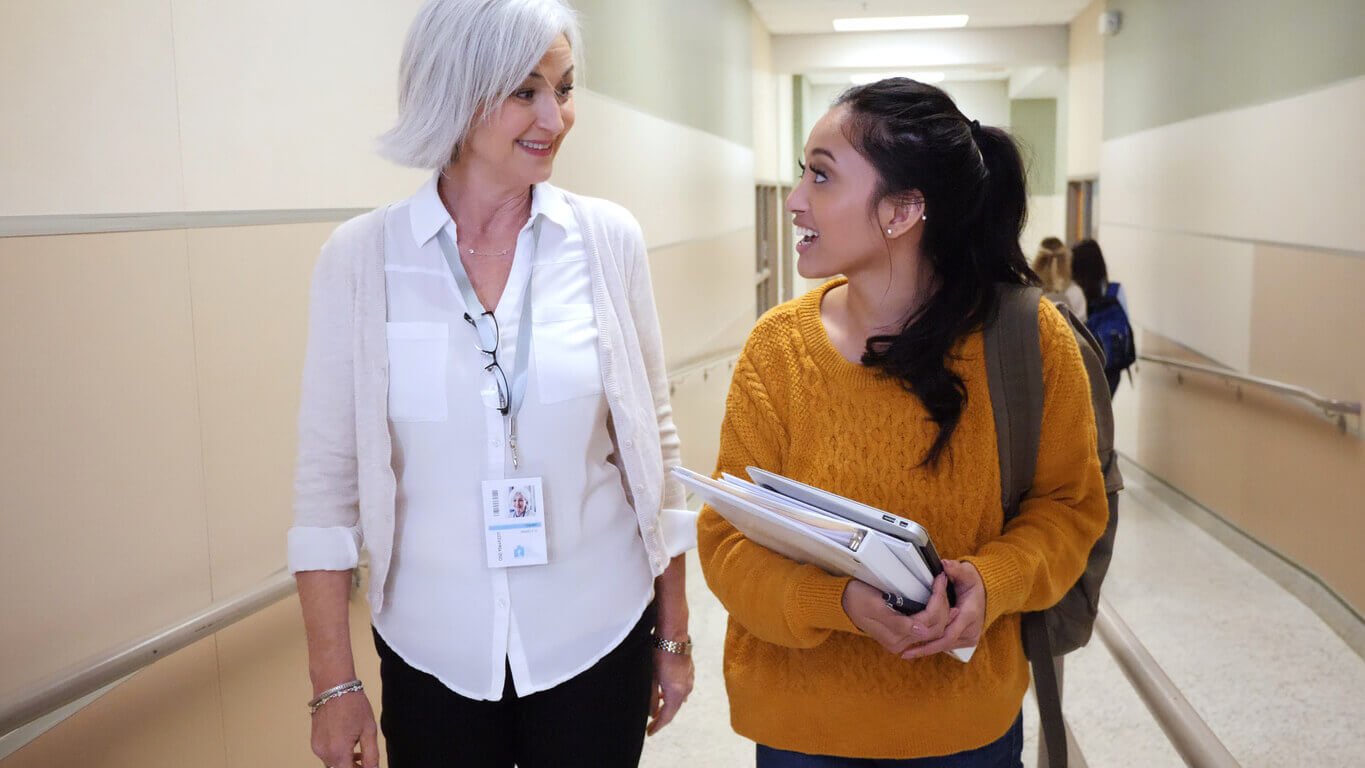How Long Do College Applications Take?
Applying to college is never a one-and-done deal. As we’ve observed in previous articles, applying to college extends beyond the application itself, encompassing other activities like essays, test scores, and recommendations, all of which take time to complete or “collect” – in addition to the hours spent researching where you’d like to apply first! If you’re a regular reader of this blog, you know that our mantra is apply early. But, you may be saying to yourself, “Surely, I can get my college applications done in a day or two.” How long do college applications really take?
The College Application Timeline (A Quick Overview)
In the end, college applications take longer than you think! The application process starts your junior year, and when all is said and done, can take at least 100 hours from start to submission. As noted above, the application process goes beyond the application form itself. It includes completing your standardized tests, researching colleges, asking for recommendation letters from your counselor and teachers, writing essays, and more. Here’s a breakdown of the time it takes to complete each task in order to guide you in completing your applications without missing critical deadlines:
- Junior Year
- Choosing which colleges to apply to (20-40 hours)
- Studying for and taking the SAT/ACTs (40-60 hours)
- Gathering letters of recommendation (5-10 hours)
- Senior Year
- Writing essays for your college applications (20-30 hours)
- Filling out the college application (2-4 hours)
- Applying for financial aid, scholarships and grants (10-20 hours)

Junior Year
Choosing the Colleges You’ll Apply To (20-40 hours)
Much of your junior year focus will be on choosing the colleges you’ll apply to. At this point, some students already know the schools they’re interested in, but the majority do not. Junior year is an excellent time to conduct in-depth research. How to do that? There are a number of effective ways: First, nothing replaces an in-person visit, if possible. However, virtual tours and information sessions can be equally helpful in your college search. You can dig deep into a college’s website and even arrange to communicate with a current student or a faculty member in a specific department. You can also scour more subjective, yet reputable, resources like the Fiske Guide to Colleges or The Princeton Review’s The Best 385 Colleges, both of which offer trusted reviews from independent sources. You may spend time on a site like College Board’s Big Future to gather more data. The possibilities seem endless – a carefully crafted college list may take time! After you’ve gathered information about your schools of interest, whittle down this lengthy list to a reasonable number of colleges. We suggest between eight and twelve, comprising of a few “safeties” and “reaches,” with the bulk of your list consisting of schools within your target range. Forming your list may take months, so start early, doing a little research each month so as to arrive at senior year with a nearly complete list. When you’re not researching colleges, you can attend to other tasks, such as preparing for the SAT and ACT.
Studying for and Taking the SAT/ACT (40-60 hours)
We’ve discussed testing at length in myriad previous posts, but one more reminder – study, study, study! Preparing for the SAT or ACT takes time. Each practice test takes over three hours to finish, and optimally, you’ll want to complete one practice exam per week during the eight weeks leading up to a test date. Since not every student can successfully self-prep, you may wish to work with an experienced tutor to review homework tests and learn strategies. These meetings will take time, and considering that most students will sit for the ACT or SAT two to three times – or more! – you’ll have to make room in your junior year schedule accordingly. Don’t forget that summers are a great time to sign up for test prep.
Gathering Letters of Recommendation (5-10 hours)
Before summer break, request letters of recommendation from teachers and/or counselors. While this might be as simple as sending an email, it likely will involve greater effort on your end. You may be asked to fill out a “brag sheet” or some other printed form to help your recommender write a highly personalized letter. The recommender may ask you to share a detailed résumé. At the very least, we suggest that when you request letters of recommendation, you email your teacher a list of your favorite moments from his or her course, and remind your recommender of your stand-out contributions in the classroom. If you haven’t taken care of this task prior to summer break, be sure to request letters of recommendation as soon as you start your senior year.

Senior Year
Writing Essays for Your College Applications (20-30 hours)
Ideally over the summer – but certainly by the start of the school year – work on your college essays. Good essays take time – that’s no secret! You’ll want to begin with your personal essay -- a story from your life that provides insight into your personality, interests, and growth. This narrative essay will go through multiple drafts until it’s ready for submission…and once it’s finished, you may have additional, mostly shorter essays to work on. These are supplemental responses that some colleges ask for, which may include prompts asking you to reflect on your chosen major, why you are applying to that college, or the importance of an extracurricular activity. There are myriad prompts, and most of these essays must be unique to each school. Our best advice is to create a spreadsheet to track all colleges and number of essays, and plan your writing time to allow for multiple drafts of multiple essays.
Filling Out the College Application (2-4 hours)
The college application form itself (almost always on line) doesn’t take quite as long as other components. Most students use the Common App or Coalition App platforms, which allow you to enter the same information once for all schools to which you’ll apply. There, you’ll also find colleges’ own questions, including any supplemental essays. Relatively straightforward, the application will still take several hours to carefully complete and review with a parent or other trusted adult before you hit submit. Allotting yourself sufficient time will help you avoid careless errors and put your best foot forward. Also, don't be afraid to ask for help with your college applications.
Applying for Financial Aid, Scholarships and Grants (10-20 hours)
One of the final application steps will be applying for financial aid, scholarships, and grants. The FAFSA, required for obtaining need-based aid, opens October 1. Apply early to ensure that you receive your financial aid package in a timely manner. In a recent post, we recommended using the summer between junior and senior years to research and apply for scholarships. This summer is also a great time to have a conversation with your parents about college affordability. Remember that the best source of scholarships are colleges themselves, so pay attention to priority deadlines to optimize any merit-based award opportunities. Some colleges may ask you to write additional essays or complete an interview in order to receive a scholarship. Plan accordingly.
Now that you’ve finished all major components of college applications, all you need to do is wait to get accepted. Enjoy this feeling of accomplishment – and don’t forget to keep up your senior year grades!
In Conclusion
It’s clear: applying to college takes time, but you can keep your schedule manageable with careful planning. Starting early in junior year will give you the freedom and flexibility to complete all tasks with minimal rushing, setting you up for a successful senior year. All application materials submitted? Check out our article on what to do after you submit your application. Need some help getting started or staying organized? Give us a call! We’ve helped thousands. We can help you.
